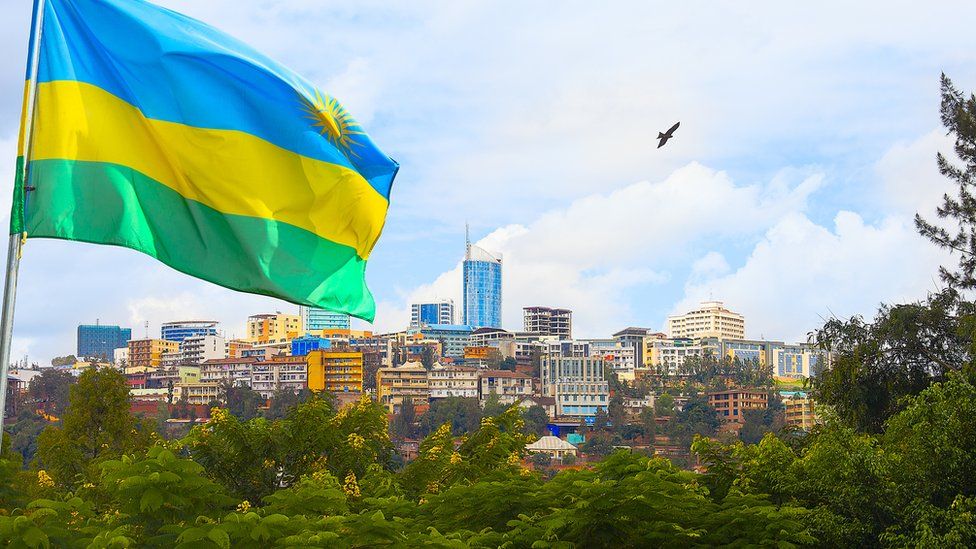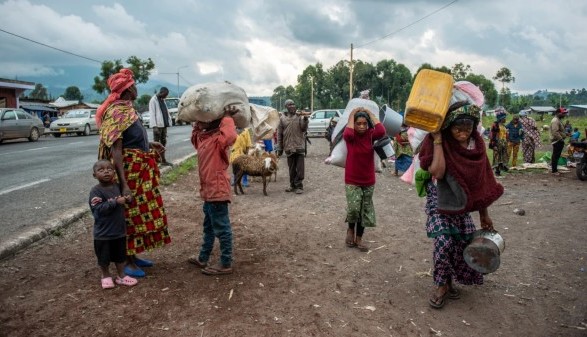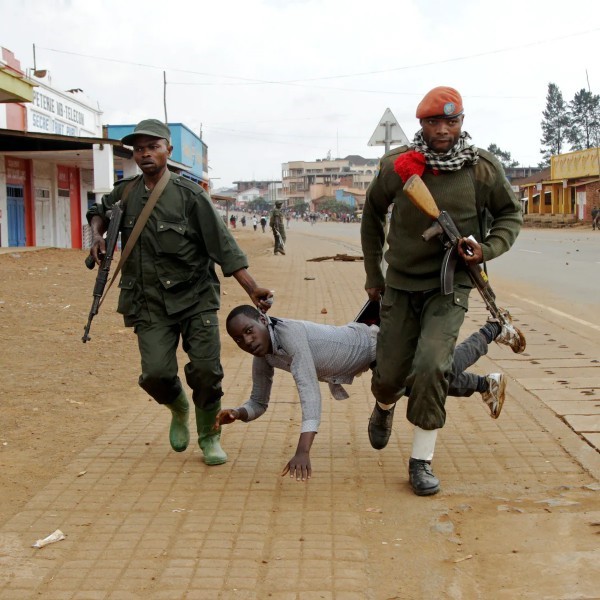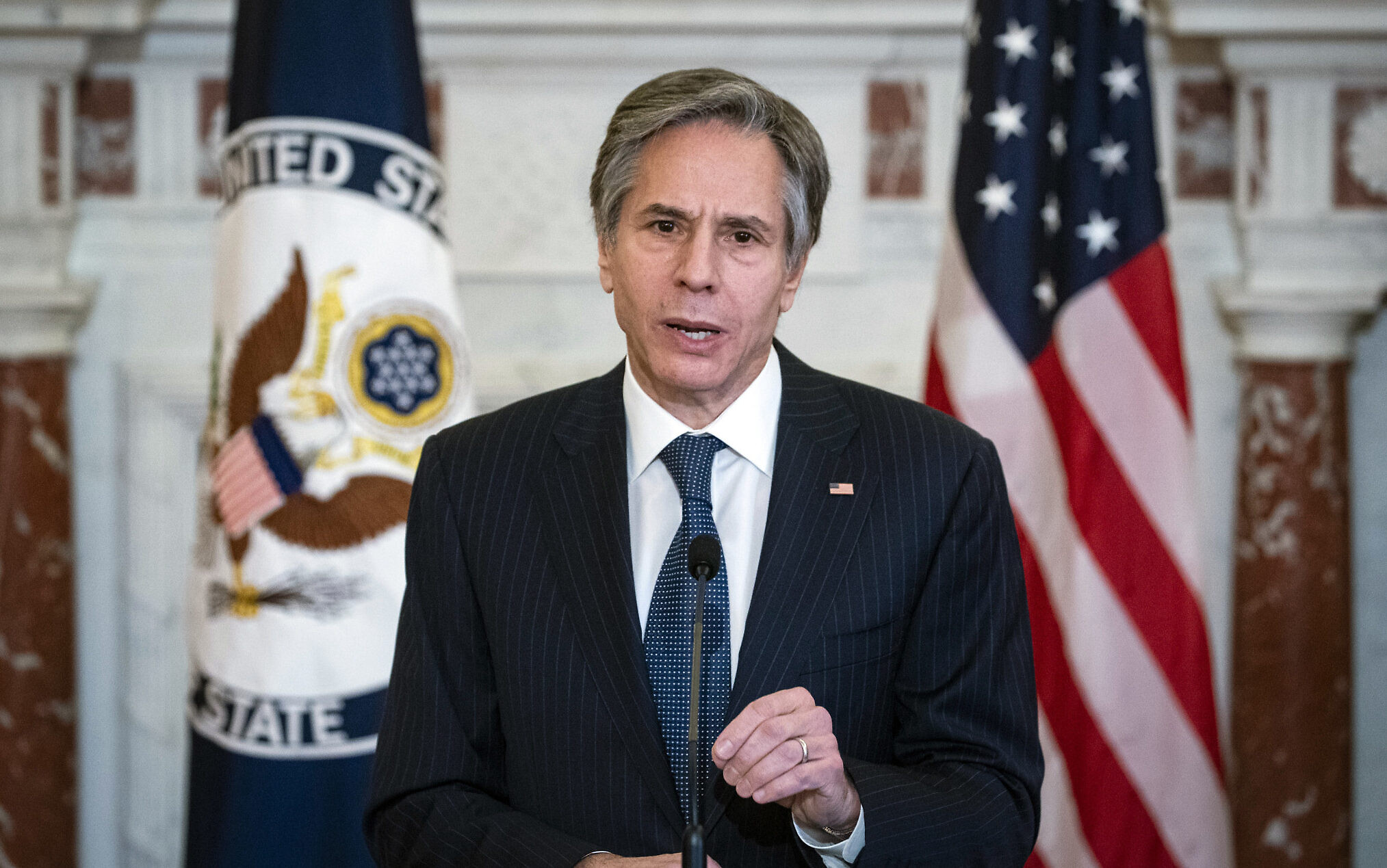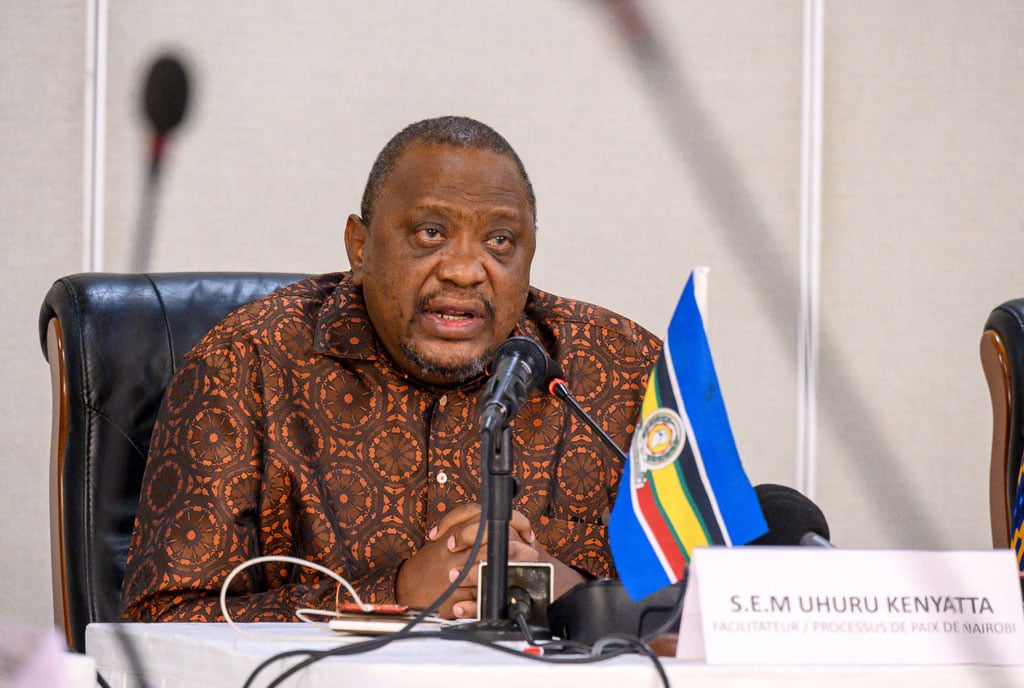Regional
Who steals DRC’s minerals? Certainly not Rwanda
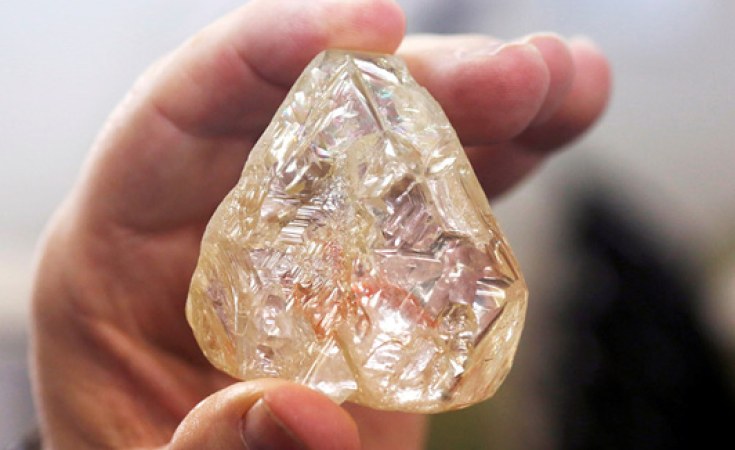
At every opportunity, The
Democratic Republic of Congo will hurl accusations against Rwanda saying that
the latter is plundering Congolese resources, even without any iota of evidence.
Just recently, President
Paul Kagame dismissed such allegations and asked that they be treated with the
contempt they deserve.
But who is stealing Congolese
natural resources? The DRC is one of the most endowed countries in the world.
However, the vast country finds itself at the bottom of the list of the World’s
poorest countries, mainly due to its leadership vacuum.
A succession of regimes has
failed to leverage its natural resources to change the lives of the citizens. Almost
all of them – except the very few close to the regime – continue to languish in
abject poverty. The DRC supplies about 70% of the World’s Cobalt, but 80% of
its industrial cobalt mines are owned or financed by Chinese companies.
DRC owns only a quarter of
its Cobalt resources. Despite the huge deposit of mineral resources, nationals
only have a quarter of that specific resource to share among themselves.
Consequently, this has led to conflicts among the Congolese government and
domestic mining companies.
According to the Observatory
of Economic Complexity (OEC), in 2020, DRC exported $21.1million in gold,
making it the 125th largest exporter of the rare mineral in the world. During
the same year, gold was the 20th most exported product in DRC.
Additionally, the main destination
of gold exports from DRC were; the United Arab Emirates’ $16.5 million, followed
by China’s $2.45M, South Africa’s $1.6 million, Hong Kong’s $311,000, and
Uganda’s $188,000. From this data, the conclusion would be that DRC could do
better than that.
But there are many factors
that hinder the optimization of DRC mineral exploitation and the maximization
of profits
A recent report by
IMPACT, a Canadian organization that works in areas where security
and human rights are at risk through research, field operations and
collaboration with partners; indicated that DRC’s high taxes often pushed the
price of gold beyond what the industry was willing to pay, creating a barrier
to commercial viability.
Additionally, it highlighted
the prohibitive bureaucracy involved to be able to export gold from DRC. These
administrative steps are not only complex but also ambiguous.
Between 2017 and 2019, while
in DRC one has to pay 12 per cent to export gold, in neighboring Uganda, one
only needed to pay a 5 per cent, royalty on the value of the amount mined,
rather than an export tax.
Consequently, DRC’s
registered traders and exporters are the ones who threaten the country’s rich
mining sector profitability as they often declare only a small percentage of
their gold exports while pocketing massive profits from illicit trade.
For years, there exist no
responsible production and trade of artisanal gold in DRC. Basically, it is a
mafia network from pit to export.
The export of mineral
resources of DRC start from the transfer of minerals between the different
provinces, always executed by chattered small planes operated, not by Rwandans
but other foreigners well known by DRC authorities and locals, some of whom
reside in the cities under heavy security protection, offered by DRC’s
government.
The mineral exports from the
troubled country therefore takes place from different provinces and are directly
taken to various countries, of the biggest exploiters of these mineral
resources.
Yet it is hard to single out
any company owned by Rwanda or linked to Rwanda.
Companies such as AngloGold
Ashanti, Barrick Gold Corporation (among the world’s biggest), Infinity Lithium
Corp, Randgold Resources are some of the biggest mining companies in DRC. None
of them is from Rwanda.
The Congolese government is
well aware of the companies that exploit more than three quarters of their
minerals for export. The traceability of their minerals is not rocket science
or a hard to hide reality.
Blame games will certainly not
help deal with DRC’s real problems.
The DRC should learn to
appreciate its weaknesses and aim at finding solutions to their own problems.
Blaming Rwanda for its failures can only worsen the situation.



